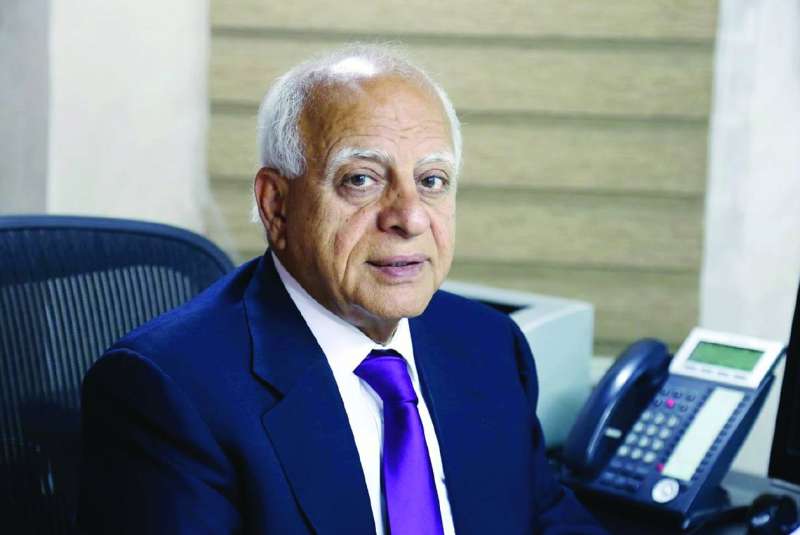27/12/2023
27/12/2023

Before Shakespeare, written English lacked uniformity in grammar and spelling. His works played a pivotal role in standardizing these aspects and enriching the language with a multitude of words and phrases.
Shakespeare introduced approximately 1,700 new words, along with enduring expressions like “break the ice” and “heart of gold.” His influence extended to poetry, where he introduced a new standard known as “Blank,” shaping the trajectory of English writers and poets.
Despite Shakespeare’s profound impact on the English language, a considerable number of English speakers, totaling hundreds of millions, remain unfamiliar with his works without detriment to their linguistic competence. Shakespeare’s greatness has endured, undiminished by the fact that not everyone is acquainted with his literary contributions.
In a separate context, Ahmad Taksha, former editor-in-chief of Al-Qabas, raised concerns about the vitality of Arabic in his article titled “Is Arabic Dying?” He questioned whether Arabic is gradually losing its prominence in various domains.
Taksha pondered the ability of individuals to name everyday items and concepts in Arabic, expressing apprehension about Arabic’s diminishing role in discourse, education, technology, and various professional fields.
These questions echo the concerns articulated by Ibrahim Al-Yaziji over a century ago, highlighting the widening gap between Arabic and contemporary existence.
Taksha emphasized the decline of Arabic in educational, professional, and technological spheres, observing that subjects like medicine, engineering, and pharmacy are often taught in foreign languages. He underscored the shrinking role of Arabic, especially when it comes to generating knowledge and technologies, rendering societies mere consumers rather than contributors to progress.
Taksha’s inquiry extended to the rules of writing Arabic, pointing out distortions even among its writers. He questioned whether Arabic, with its limited competence, is retreating further from its historical role. Taksha challenged the notion that Arabic is dying by suggesting that it might become weak and flabby, settling for demographic spread, religious obligations, and literary familiarity.
These thought-provoking questions prompt reflection on the balance between preserving linguistic heritage and adapting to contemporary needs. The reluctance to evolve languages, driven by fear of compromising sacred texts, may hinder progress and contribute to stagnation. The article calls for a reassessment of the approach to language development and advocates for a more dynamic linguistic landscape.
e-mail: [email protected]
By Ahmad alsarraf


